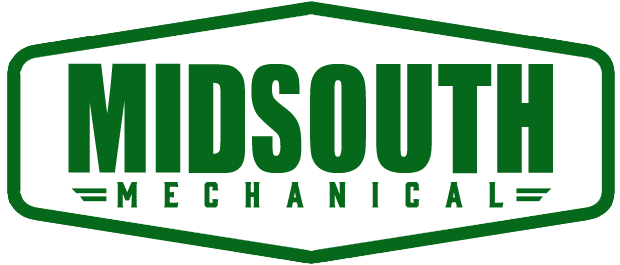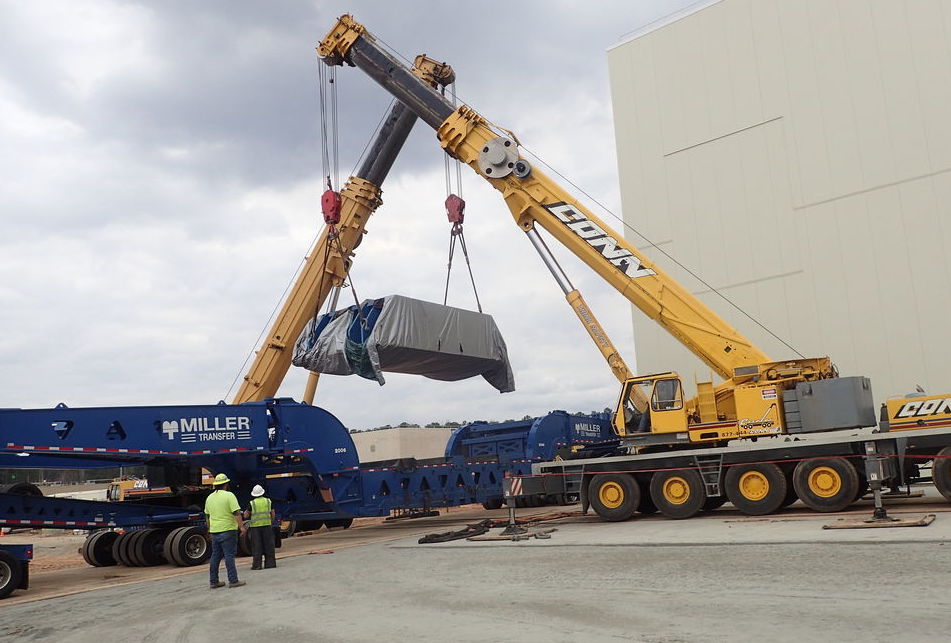For companies requiring overhead lifting operations, taking steps to avoid crane failure is critical to ensuring the safety of workers and overall efficiency of operations. No matter the specific industry or type of job site, taking several simple precautions can greatly reduce the risk of overhead crane failure.
Before operators use cranes, technicians should inspect them in accordance with any relevant federal, state, and local requirements. Employing high-quality, reliable inspecting equipment is critical for determining whether any mechanical problems are present that may lead to accidents. Inspections should involve checking for cracks, faulty wiring, worn-out ropes, and damaged parts. Crane technicians must also make sure the crane does not exceed rated capacity and that all safety devices are working properly.
For any company utilizing overhead cranes, standard inspections are required and must be thoroughly documented. The following inspections should take place.
Initial inspection — This consists of an inspection in accordance with the original manufacturer’s recommendations, as well as documentation of the inspection.
Pre-shift inspection — This consists of an inspection in accordance with crane-operator
Frequent inspections — These include visual and operational inspections performed by a qualified crane inspector. Specific inspection schedules will vary depending upon the equipment, rated capacity, service class, and size of the crane. Some applications may even require daily inspections. Items to be inspected may include hooks, wire ropes, load chains, brakes, reeving, and limit switches. Any fluid leakage or unusual sounds should also be identified and analyzed.
Periodic inspections — These consist of detailed visual and operation inspections, in which individual components are examined to determine their condition. In addition to the items checked during the frequent inspection, structural members, connections, sheaves and drums, electrical components, bumpers, and below-the-hook devices may also need inspection during periodic checks.
Reporting — All inspections must be documented and maintained on file. Companies must implement a written and documented crane inspection and maintenance program.
We are proud to call Greenville, South Carolina home and have an office and local team ready to take on projects in the Greenville, Spartanburg, and Anderson area.


